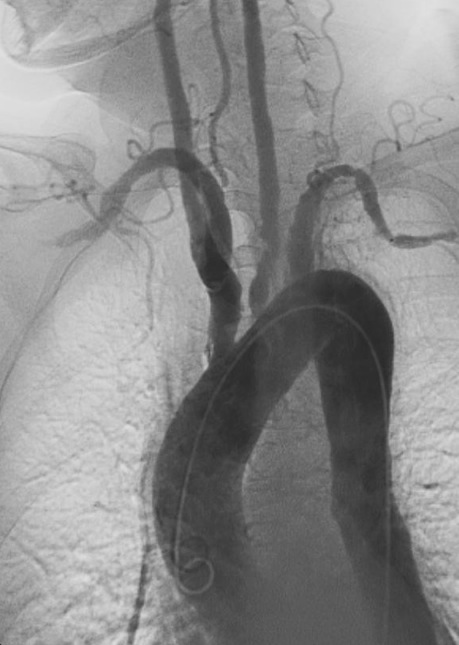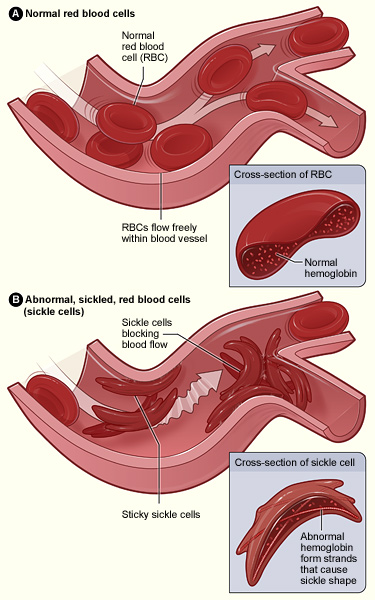Type 2 Familial Hyperlipidemia
Introduction Type 2 familial hyperlipidemia, also known as familial hypercholesterolemia (FH), is a genetic disorder characterized by high levels of low-density lipoprotein (LDL) cholesterol. This condition significantly increases the risk of cardiovascular diseases, such as coronary artery disease and heart attacks, even at a young age. Genetics and Inheritance Familial hypercholesterolemia is primarily inherited in […]
Type 2 Familial Hyperlipidemia Read More »









